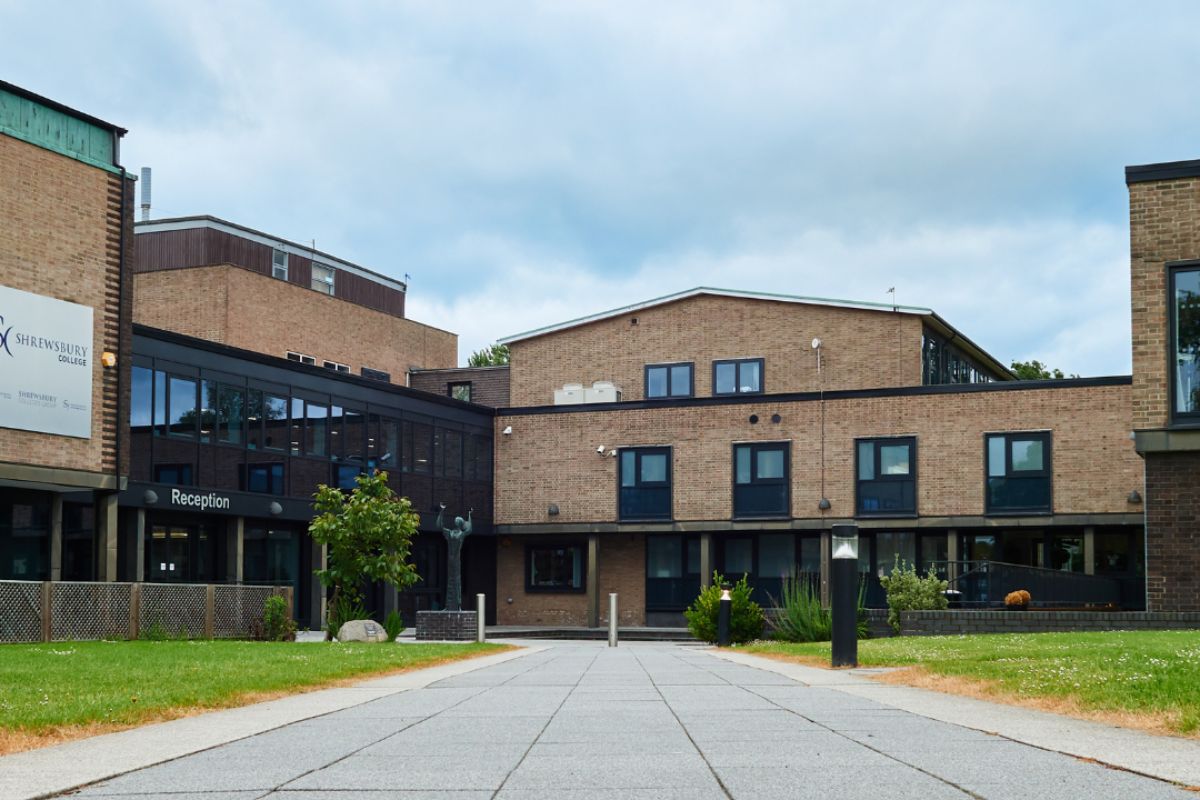University of Gloucestershire master’s degree wins seal of approval from National Cyber Security Centre

The National Cyber Security Centre (NCSC), a part of GCHQ, has certified the master’s degree in Cyber Security at University of Gloucestershire as part of its programme to recognise high-quality courses.
The NCSC – the UK’s technical authority on cyber security – runs its certified degree programme to help set a high standard of cyber security teaching across higher education and enable students to make informed decisions about the range of courses on offer at UK universities.
The University’s NCSC-certified MSc Cyber Security course is designed for those who would like to develop a career as a cyber security professional, or to take a leading technical or managerial role.
Delivered by the University’s School of Computing and Engineering, the course is suitable for those from a computer science or information technology education background, or those with no formal studies in computer science but with a significant interest in cyber security.
The announcement about the certification for the University’s MSc Cyber Security course comes hard on the heels of news of another major cyber boost for Gloucestershire announced by GFirst LEP – based at the Growth Hub at the University’s Oxstalls Campus – and the Department of International Trade (DIT) that will support the county’s already well-established cyber security cluster.
Gloucestershire has been chosen by the DIT to be showcased as a world-leading cyber cluster through the High Potential Opportunities (HPO) programme, which aims to help accelerate the growth of business and industry, boost local job creation and prosperity, and strengthen the UK’s sectorial advantage.
Gloucestershire’s strengths in cyber activity will be promoted to targeted DIT teams located in British Embassies and consulates across the world, highlighting the compelling reasons why overseas cyber firms should choose Gloucestershire as they expand their international activities.
Professor Kamal Bechkoum, Head of the School of Computing and Engineering at the University, said:
“We’re delighted that our Master’s degree course in Cyber Security has been certified by the National Cyber Security Centre as part of its programme to recognise high-quality courses.
“We develop our cyber and computer degree programmes in partnership with industry leaders, to equip our students with the very latest skills that businesses need.
“This means that 100 per cent of students on our cyber and computer degree programmes secure graduate employment or further study at the end of their courses.
“Many of our cyber and computing students stay in the county following their graduation, further boosting Gloucestershire’s claims to be the cyber capital of the UK.”
Chris Ensor, NCSC Deputy Director for Cyber Growth, said:
“I am delighted that the University of Gloucestershire’s master’s degree in Cyber Security is now certified by the NCSC.
“Offering a certified degree helps prospective students make more informed choices about their future career prospects in cyber security and employers can rest assured that graduates of these will be well-taught and have valued industry skills.”
The University was the first university in the UK to offer the BSc (Hons) Cyber Security Technical Professional Apprenticeship and the first university to be awarded Tech Industry Gold Accreditation for the same course.
The University’s purpose-built facilities offer cyber and computing students access to the very latest hardware, including Occulus Rift and HTV Vive, while research labs provide an authentic environment in which to practice mock cyberattacks through a private and secure network.
The University’s £4 million C11 Cyber Security and Digital Innovation Centre offers a specialist secure environment for businesses and sector-leading testing and research.
The University is a key partner in the Golden Valley Development – home to Cyber Central UK – chairing the research and innovation stakeholders group and sharing its expertise in a range of cyber-tech areas related to skills and education, as well as research and knowledge exchange.
In partnership with a German institution, the University has recently secured funding from the German Government to set up a £4 million Cyber and Digital Innovation Institute in Duren, establishing one of the first post-Brexit university partnerships in Europe.











Responses